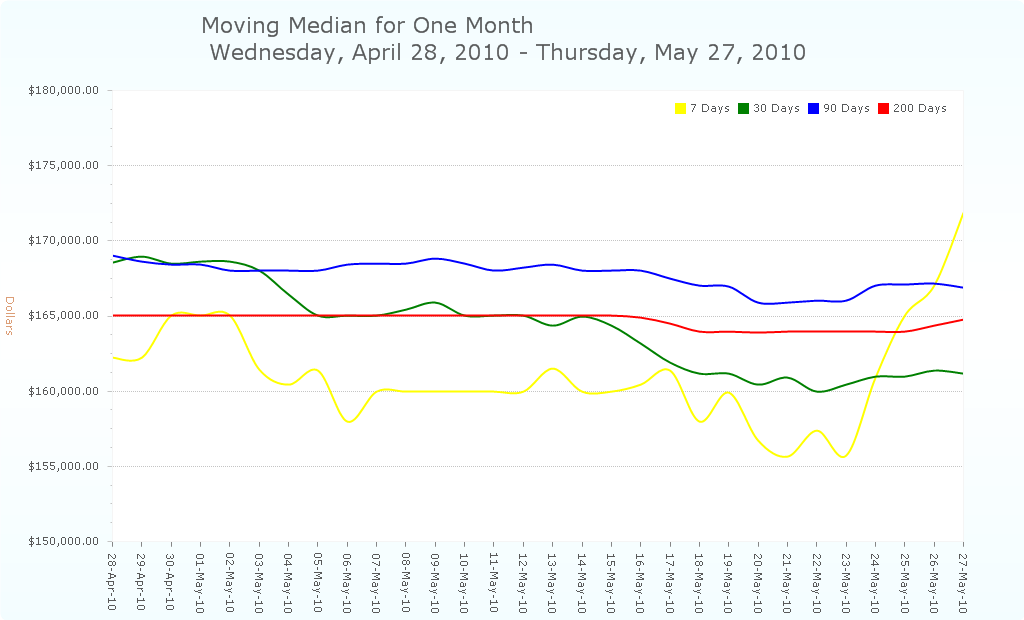A short sale can be an excellent solution for homeowners who need to sell, and who owe more on their homes than they are worth. In the past, it was rare for a bank or lender to accept a short sale. Today, however, due to overwhelming market changes, banks and lenders have become much more negotiable when it comes to these transactions. Recent changes in corporate policy and the Obama administration have also improved the chances of getting a short sale approved.
But to be technical, here’s a more official definition:
* A homeowner is ‘short’ when the amount owed on his/her property is higher than current market value.
* A short sale occurs when a negotiation is entered into with the homeowner’s mortgage company (or companies) to accept less than the full balance of the loan at closing. A buyer closes on the property, and the property is then ‘sold short’ of the total value of the mortgage.
For homeowners to qualify for a short sale, they must fall into any or all of the following circumstances:
* Financial Hardship – There is a situation causing you to have trouble affording your mortgage.
* Monthly Income Shortfall – In other words: “You have more month than money.” A lender will want to see that you cannot afford, or soon will not be able to afford your mortgage.
* Insolvency – The lender will want to see that you do not have significant liquid assets that would allow you to pay down your mortgage.
This seems simple enough, but it is a complicated process that takes the expertise of experienced professionals. I hold the CDPE® Designation and am ready to identify all possible options and, when possible, assist in the quick execution of a short sale transaction.
If you have questions or feel you may qualify for a short sale, please contact me for a free consultation.
Understanding your options now could mean all the difference in the world.
For more information on foreclosure solutions visit our website at www.batonrougeforeclosurehelpnow.com

